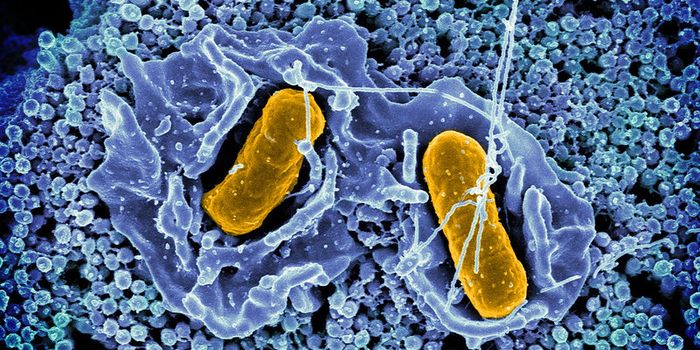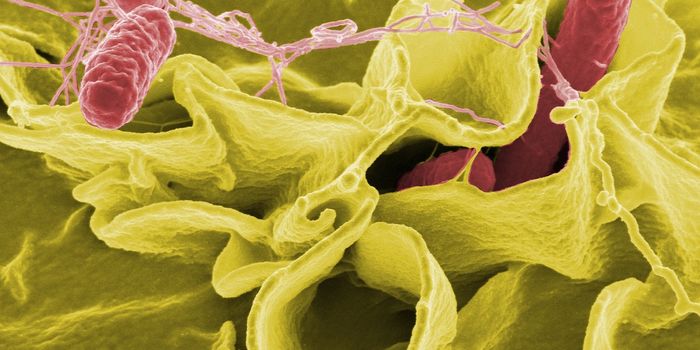Is Zika Coming Back For Round Two?
The Zika virus is mutating so dangerously fast that experts studying the pathogen in Brazil are concerned that we may be on the verge of another Zika outbreak, one that existing vaccines and diagnostic tests may be completely useless against.
From the University of São Paulo, funded by the São Paulo Research Foundation, a new in-depth study of three asymptomatic Zika patients suggests that new serotypes of the Zika virus could appear as a result of its rapid mutation.
"Today there's only one Zika, and people become immune after being infected once," explained São Paulo’s Edison Luiz Durigon. "But the virus is constantly mutating, and I wouldn't be surprised if we see Zika 2, 3 and 4 emerging before long.”
In 2016, the National Institutes of Health National Institute of Allergy and Infectious Diseases released a statement saying that although the then-current outbreak of Zika virus involved two different strains of the virus, an infection with one would prevent future infection with the other because the two strains were of the same serotype.
Viruses of the same serotype can be genetically different but have the same surface antigens. This means that the neutralizing antibodies produced by the immune system can target different strains of a virus as long as they are the same serotype.
At the time of the NIH statement, researchers observed the dengue virus, a family member of Zika, mutating and producing different serotypes. Now the same seems to be happening with Zika.
At the University of São Paulo, a team of scientists especially devoted to Zika research have made remarkable moves forward in the fight against the existing Zika serotype, developing molecular diagnostic tests that detect viral RNA from samples provided by infected individuals. They also created a serological test that can detect antibodies against Zika in an individual’s blood at any stage of infection. The test is so specific that it does not recognize dengue antibodies even though the two viruses come from the same family. However, this specificity also means that this serological test would not recognize newly-developed serotypes.
In addition to diagnostic tests, researchers at São Paulo and all over the world are working on developing vaccines to prevent Zika virus infection, also based on the existing serotype.
The recent São Paulo study involved regular collection of blood, saliva, and urine samples from all three patients and semen samples from the two men. Researchers sent off these samples for whole-genome sequencing of the Zika virus, every week asking: what’s different in the viral genome?
In one male participant, researchers observed “compartmentalized strains,” meaning Zika virus in the semen was genetically different than Zika virus in the urine. And for all three patients, Durigon explained, “the pathogen we found in the final stage of the infection wasn't the same as the virus that entered the patient."
This ominous observation means that preventative strategies to avoid Zika virus infection altogether are more important than ever. Durigon worries that not enough focus is placed on men, where conception with infected sperm could have unknown consequences for mother and baby.
"It's no use testing only pregnant women to see if the virus is present, and advising only women to use insect repellent and avoid high-risk areas during pregnancy, while leaving men to go on with their lives as normal," Durigon explained. "Women could be infected by their partners. Doctors aren't paying attention to this possibility."
Ultimately, it’s clear that we haven’t seen the last of the Zika virus.
Source: São Paulo Research Foundation









